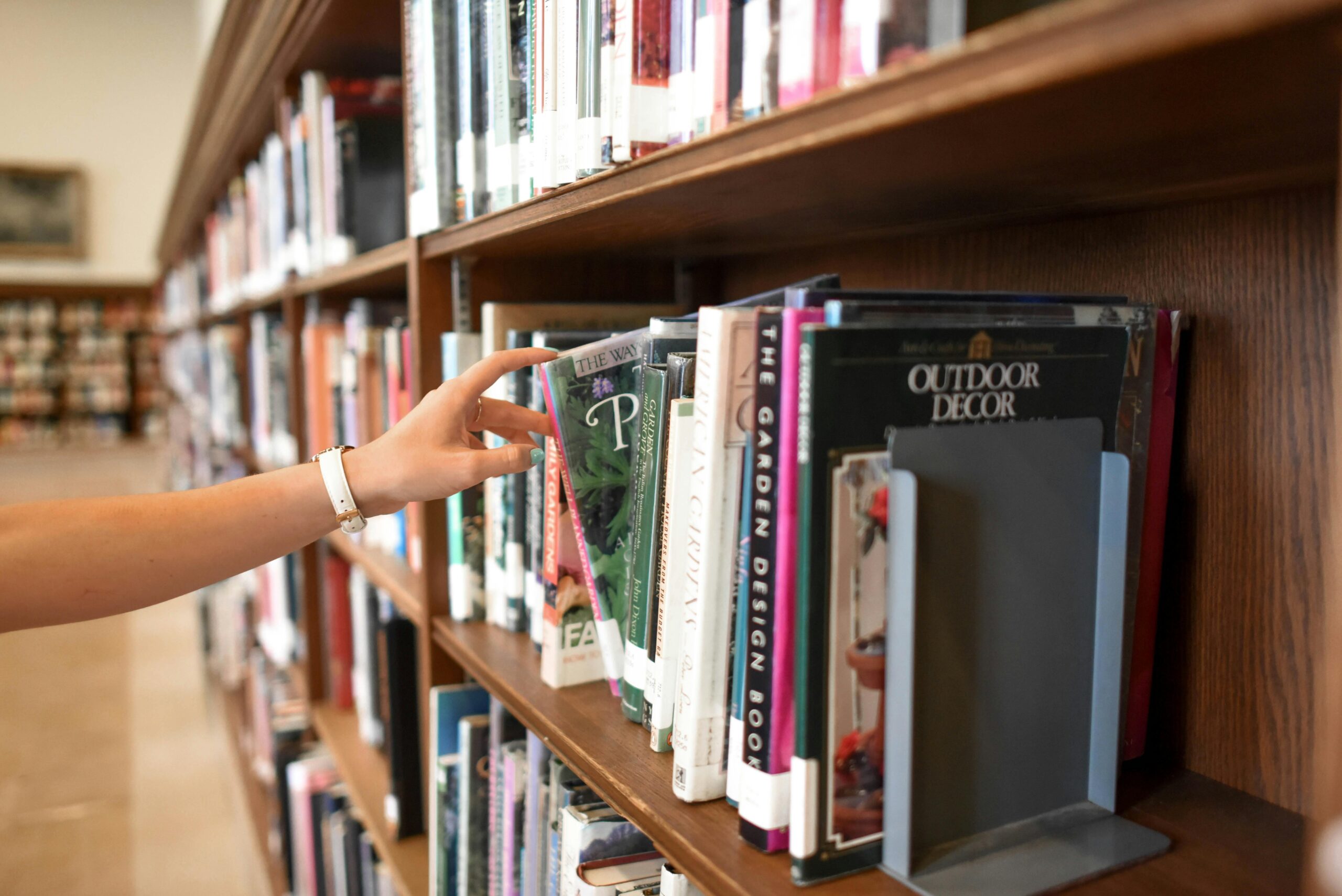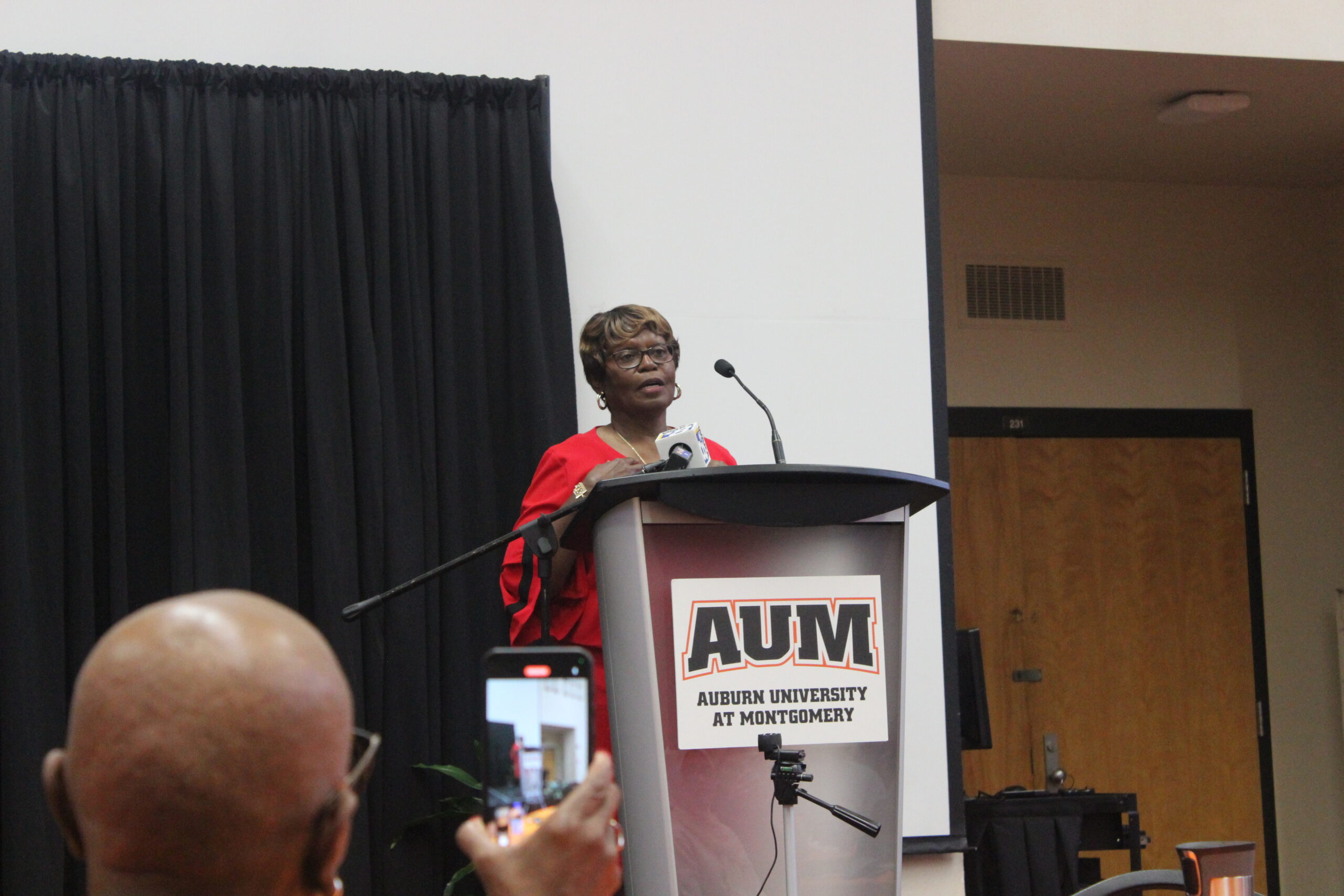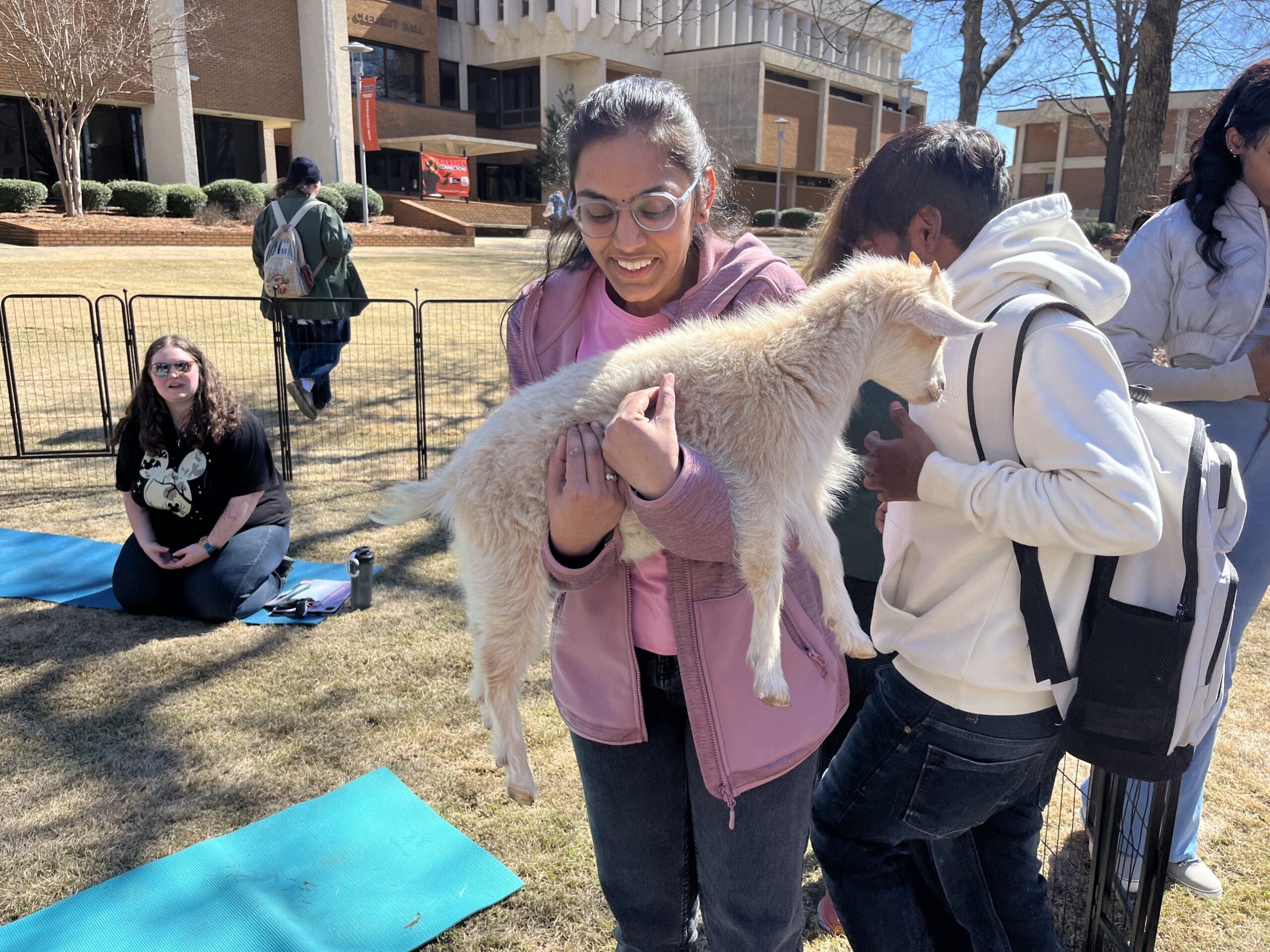MONTGOMERY, Ala. — With Governor Kay Ivey’s recent changes to the Alabama Public Library Service (APLS) code, several libraries across the state of Alabama have made major changes to their cataloging process in hopes of appeasing parents concerned about inappropriate materials accessible for children.
Efforts to control what kinds of information can be found in libraries have now expanded into Alabama legislation. Governor Ivey proposed changes to the APLS code that went into effect in July of this year that essentially mandates libraries to establish policies that prohibit any inappropriate materials from being accessible to minors or they will be at risk of losing state aid necessary to keep libraries up and running.
The concern with this new amendment to the APLS code is there are no clear definitions for what is considered to be inappropriate. Those in favor of these challenges have determined that sexually explicit content is the main criterion for the desire to have an item removed from the library’s catalog; however, around 74% of the criticized books feature LGBTQ+ characters.
As a result, several libraries are adjusting their cataloging process to ensure their policies adhere to Ivey’s new APLS code changes. Earlier this month, the Cullman Library moved all young adult books to a general category labeled ‘fiction’ as a “precaution with unclear guidance from consultation and APLS.” For the time being, there remains to be a category for children’s and juvenile books. Another library in Ozark had to temporarily shut down while their staff reviewed 8,000 books in their catalog to guarantee the materials complied with the code change. The staff decided to change the category from ‘young adult’ to ‘teen’ books as there has been previous confusion as to what age range they are suitable for.
Not only are local libraries dealing with book challenges in their county or city, but shifts to the APLS are occurring due to the expansion of the issue as well. At the end of September, Alabama Republican Chairman John Wahl was elected to serve as the head of the APLS board of directors. In a statement to AL.com, Read Freely Alabama, an organization against book challenges in the state, opposed Wahl’s election by saying he has been “[colluding] with extremist groups Moms for Liberty and Clean Up Alabama in attacking libraries for books about LGBTQ communities and racial justice, as well as books written by Black and Indigenous authors in Alabama.”
According to the Alabama Library Association, a total of 4,240 books were under fire as of last year, a common theme being a focus on the representation of POC and LGBTQ+ voices. By bringing attention to book challenges, we are able to understand the repercussions they have on attempts to limit what types of information are accessible to the public, especially now on a local level.
As this is election week, it is crucial to be aware of the literary censorship in the state of Alabama. Communities have begun noticing the repercussions of how silencing the voices of a specific group is harmful to the greater good of their libraries. I urge everyone to continue informing themselves that the issue of book challenges is becoming more widespread nationally.




